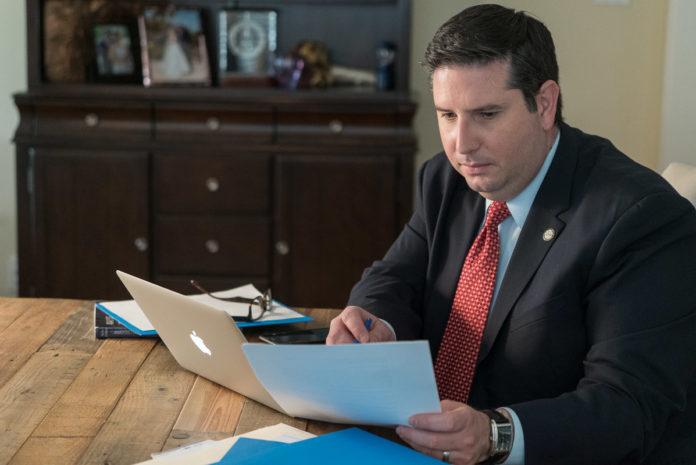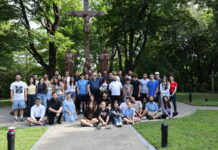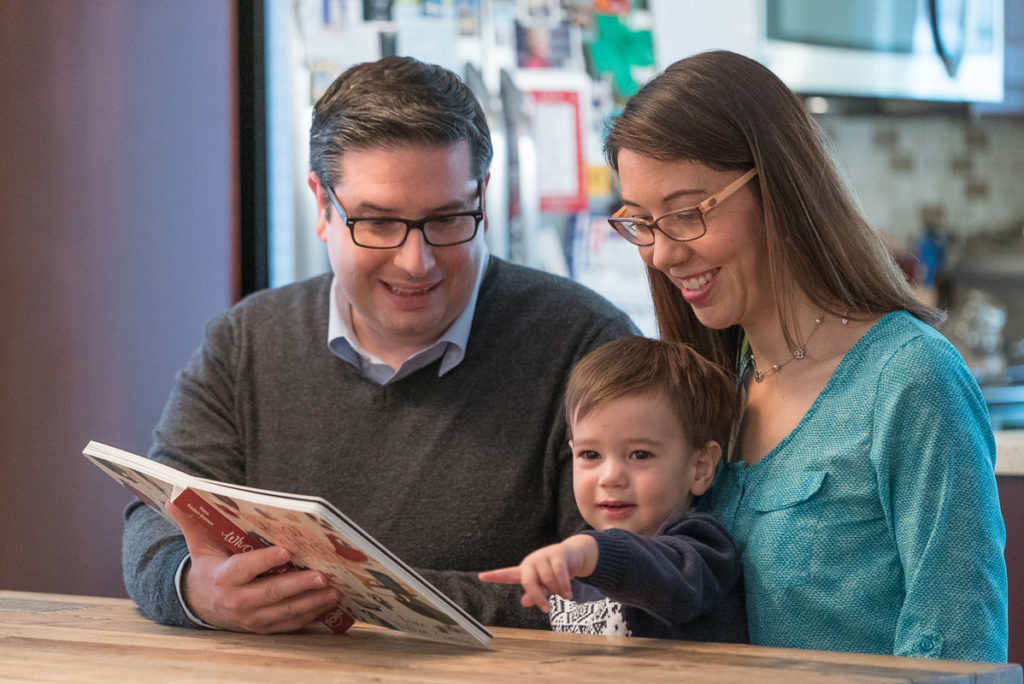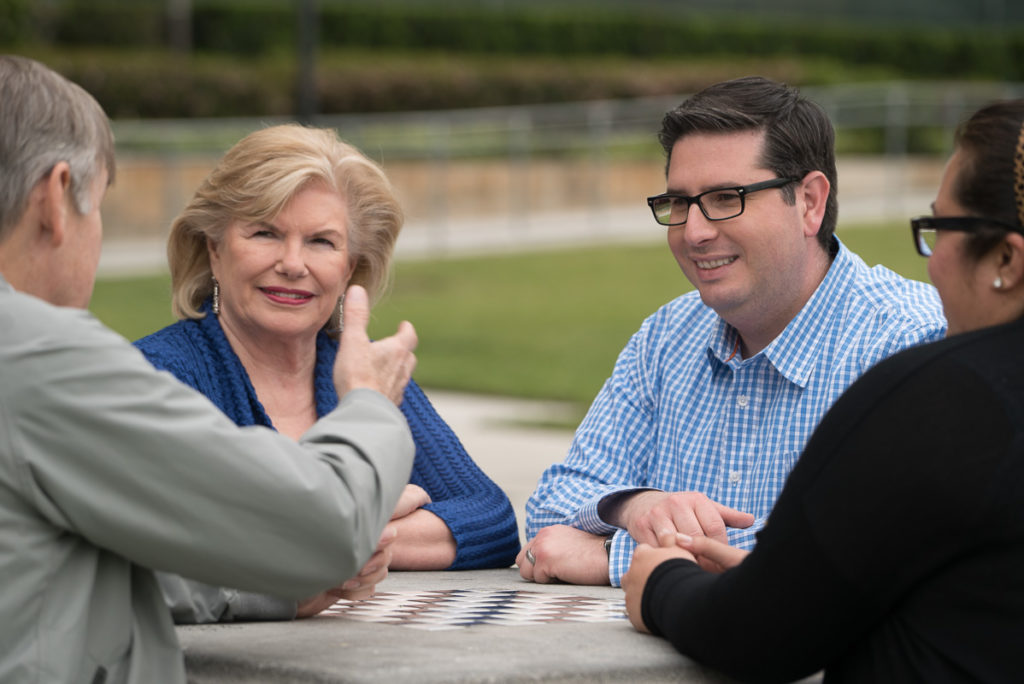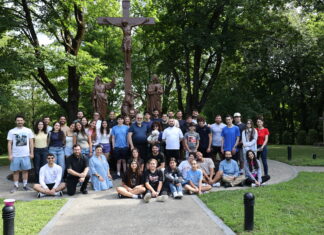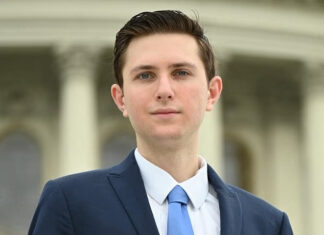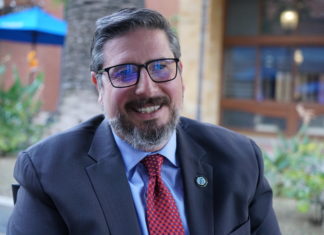GLENDALE — Ardashes “Ardy” Kassakhian has played a steady role in Glendale municipal governance and local politics for several decades. He now is in his fourth four-year term as Glendale City Clerk, and the motto on his website, appropriately, is “helping you navigate through city government.” He is the highest vote receiver among elected officials in Glendale.
Kassakhian was one of those fortunate people who became interested in their future professions at a young age. In fact, he said that his interest in public service goes back to his parents and grandparents. His mother, Loussik Kassakhian, whose family lived in Greece, was a public school teacher who only recently retired, while his father Dr. Garabed Kassakhian was an environmental chemist dedicated, according to his son, to insuring that there is clean air, water and soil on this earth. His grandparents and his parents were very involved in the cultural institutions of Jerusalem and Lebanon, including in the Armenian General Benevolent Union and the Ramgavar or Armenian Democratic Liberal Party, of whom one grandfather was a prominent leader. In addition, a great-grandfather was friends with the noted poet and activist Vahan Tekeyan.
Kassakhian personally began to become engaged in politics while in college. As a child, he moved a lot with his family, from Boston, where he was born, to Canada, to New Jersey, to Armenia and finally to Glendale. In all these places his parents were involved in local Armenian communities, and helped establish the Armenian church in Ottawa, Canada. Kassakhian remembers driving to New York as a child through the tunnels to go to the Armenian cathedral.
Despite all this, he did not really feel engaged, he said, until senior year at the University of California, Los Angeles (UCLA). He had become involved with the Armenian Student Association there and studied Armenian history, among other things. While he was president of the student association, in 1997, the Turkish government tried to establish a chair of Turkish and Ottoman studies at UCLA, as Prof. Stanford Shaw was about to retire.’
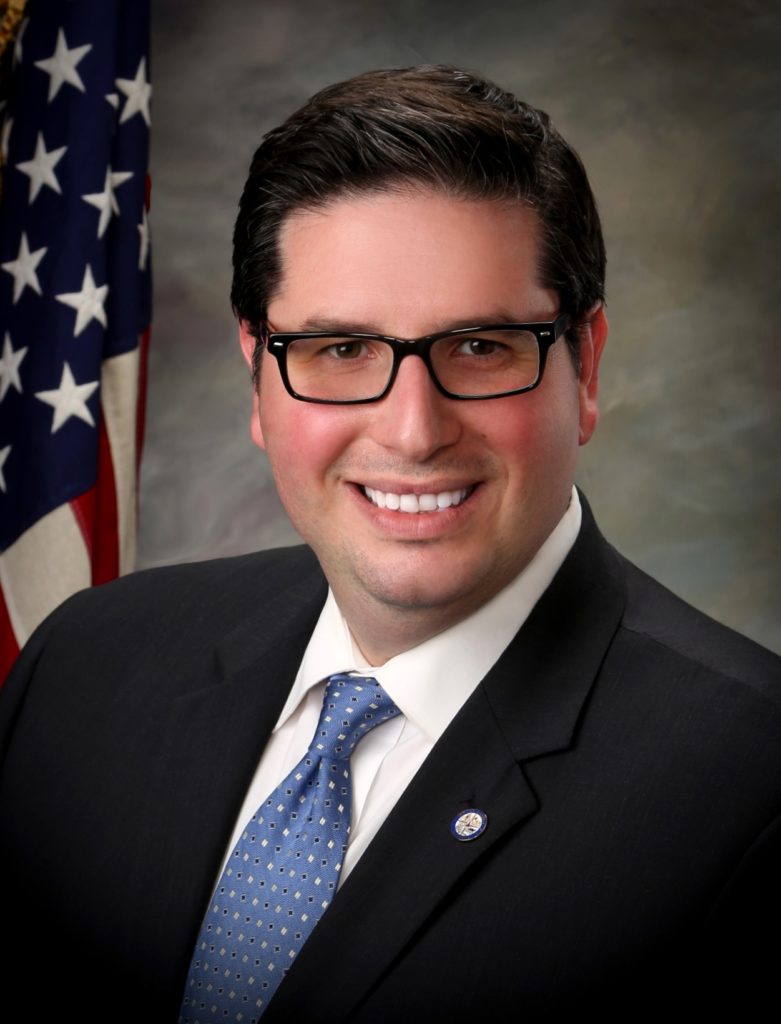
The problem, Kassakhian and others realized, was that the Turkish government would retain influence over the chair and thus a foothold in American academia. Consequently, he and other student activists protested, wrote to the newspapers and were quoted in some articles, and got members of congress involved. Ultimately, through the work of Prof. Richard Hovannisian and others, the UCLA History Department narrowly voted to relinquish the Turkish money and end the proposed relationship.
Kassakhian recalled, “That opened my eyes to how no one can avoid having politics touch them in some way or form.” Even today, he likes to quote Pericles (while noting that he too has partial Greek heritage), who said, “Just because you are not interested in politics does not mean that politics won’t take an interest in you.” The UCLA incident led him to an internship in Washington, DC with the Armenian Assembly of America at Rep. Frank Pallone’s office. He further studied and raised awareness of similar infiltration efforts of American academia by foreign governments.



